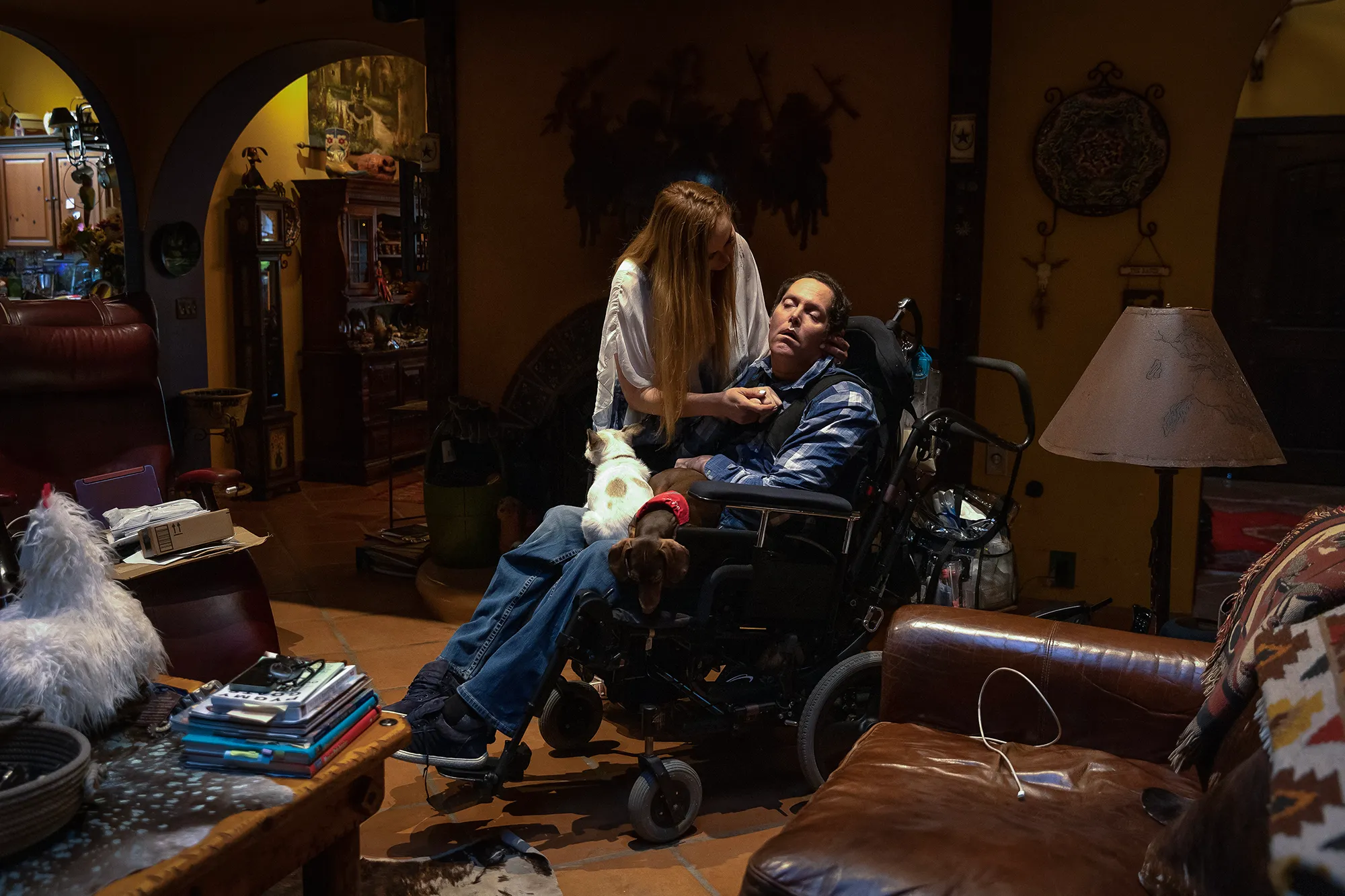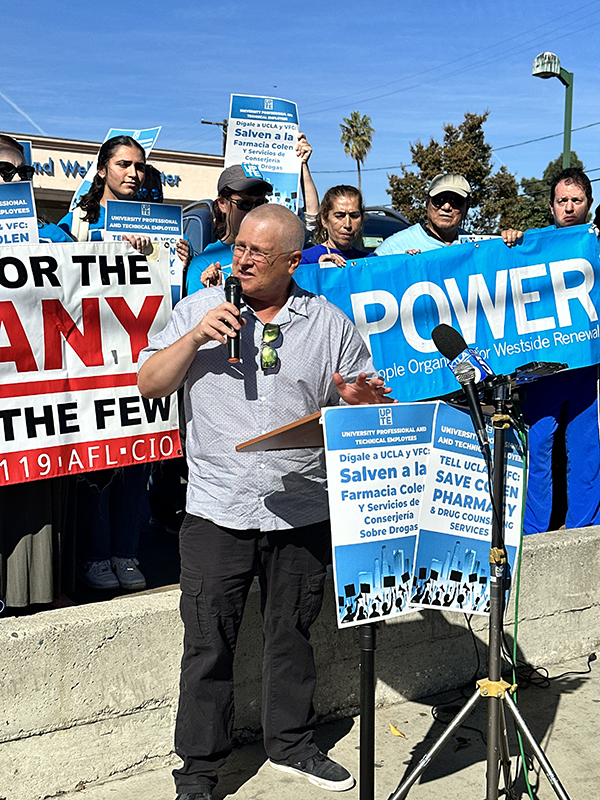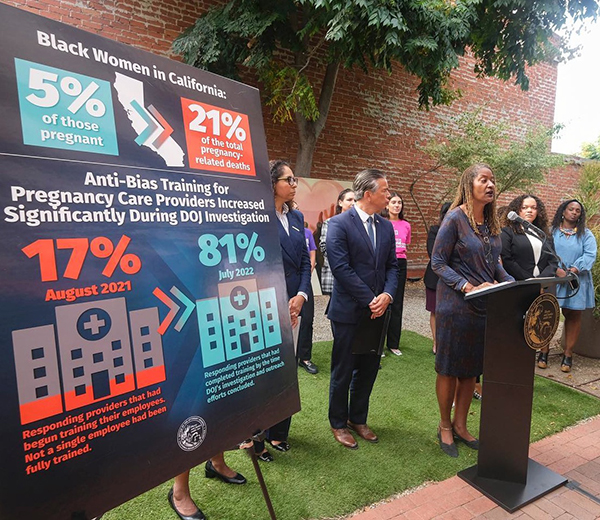Rx REPORT
By Marie Y. Lemelle
Contributing Writer
Healthy food choices, as stated by the T. Colin Campbell Center for Nutrition Studies and adequate sleep, according to UCLA Sleep Disorders Center, are essential to strengthen the immune system to assist people with fighting off infection, disease and the coronavirus.
The problem is “pandemic stress” has created food insecurities across the U.S. and development or relapse of eating disorders. Many people are dealing with life’s uncertainties by turning to overindulging in comfort foods that are unhealthy.
Sleeping disorders among students are especially common because school has gone virtual and peer relationships are non-existent or strained. The holiday season, for many, is complicated and challenging when it should be a time for enjoying the college lifestyle of independence and socializing away from the family home.
For adults, anxiety can lead to depression and add to the list of contributors to sleeping pattern disruptions such as insomnia or oversleeping. Psychiatrists like Dr. Maloa Affuembey are experiencing an increase of patients due to the surge of COVID-19 cases, which affects the mental state of many people. She has deep experience in eating disorder treatment of children and adolescents with other areas of interest, including perinatal and cultural psychiatry.
Dr. Affuembey, the founder and owner of the Brain and Soul Wellness Center and a medical reviewer for Choosing Therapy, says, “ Telepsychiatry is a different way to deliver care but the upside is it reduces the barrier of stigma that unfortunately continues to be associated with mental health care.”
ML: How has telepsychiatry changed the way people get psychiatric care, especially for sleep issues?
MA: We know that patient satisfaction is similar to in-person care and some people are more relaxed and willing to open up in the comfort of their own space. One of my patients, a middle-aged male who had a new onset of severe anxiety and insomnia as a result of chronic stressful life events, was improving.
He had been through several medication options and extensive medical testing with no clear insight into the cause of his symptoms or relief for his distress. During our first video appointment, he provided his mental, physical and family health history as well as a review of current symptoms and how they evolved over time. Through our conversation, he was able to prioritize his treatment goals as follows: sleep, nervousness and ability to enjoy life.
The presentation of his symptoms was not in line with the classical presentation of an anxiety disorder, primary insomnia, or a depressive disorder. Using the Diagnostic and Statistical Manual of Mental Disorders classification, he was assigned a working diagnosis of another specified bipolar disorder (he did not meet criteria for a classic bipolar disorder diagnosis but the most distressing symptoms he experienced were most consistent with a bipolar spectrum illness).
Three weeks later, with a couple of secure messages, one phone call, and some medication adjustments during that time, we were able to achieve improvement of restful sleep lasting 6-7 hours with some decline in feelings of nervousness.
ML: What are the challenges that psychiatric patients may face during the pandemic?
MA: Those who have a history of mental health struggles as well as those without have found themselves in need of mental health services. Insurance reimbursement for mental health services is low when weighed against the patient care time and expertise necessary for accurate diagnosis and treatment without the benefit of diagnostic labs and radiological studies.
Despite the convenience of telepsychiatry, access continues to be limited based on the difficulty in finding an affordable psychiatrist with the capacity to accept new patients or even when one can access such a psychiatrist, they may be unable to gain access due to their specific insurance policy not being accepted at the practice. The ability to access good psychiatric care through telepsychiatry can also be limited by the patient’s access to reliable internet that can maintain an appropriate live audio video interaction for accurate evaluation and treatment.
The pandemic has been a particularly difficult time for patients with developmental disorders who typically benefit greatly from an established routine and group programs that are no longer in place due to social distancing restrictions. I have noted an increase in frustration of both patients and caregivers seeking psychiatric services. Identifying the cause of distressing symptoms, understanding the importance of behavioral interventions like establishing a new structured routine and other ways of meeting social needs have been useful in establishing calm.
ML: How can in-home telepsychiatry address patients with eating disorders?
MA: Telehealth has made available an endless stream of resources regarding food, eating and health. According to the Association of American Medical Colleges, 54 million people in America face food insecurity during the pandemic. Defined as lacking enough food to live a healthy and active life can have dire consequences for their health and contribute to eating disorders.
Hunger is a risk factor for binge eating behaviors which involve frequent overeating and loss of control overeating, as well as for other mental health concerns like depression and anxiety. Some symptoms of eating disorders include frequent dieting, meal skipping, feelings of guilt and shame associated with eating or taking laxatives and vomiting to make up for eating foods that the individual considers bad are other signs of eating disorders.
The pandemic has forced most families to share the same space for extended periods of time, which can make it difficult to secure a private space to conduct a video visit. Maintaining privacy is my priority, so we use secure communication platforms where confidential information can be safely shared.
A brief psychotherapy (also known as “talk therapy”) is incorporated into every patient visit to determine the triggers for the eating behaviors. Everyone’s struggle with eating disorders is different and treatment is customized to each person. Additionally, we recommend optional resources, including the National Eating Disorders Association provides a COVID-19 safe space forum to discuss concerns about COVID-19 and to get support for eating disorders during this global crisis.
Marie Y. Lemelle is the founder of www.platinumstarpr.com and a film producer. She can be reached at MarieLemelle@platinumstarpr.com. Follow her on Instagram @platinumstarpr.












